We have much more to do and your continued support is needed now more than ever.
Wildlife Management Should Be Guided by Science, Not the Ballot Box

There has been a troubling trend in recent years in which activists try to turn wildlife management over to voters at the ballot box. The problem with these misguided measures is that successful wildlife management should be left to wildlife biologists who base their decisions on the best available science and on observations from the field. Wildlife management should NOT be determined by shifting political whims or rhetoric.
It’s happening again this fall in Colorado where voters are being asked to ban the hunting of mountain lions, lynx, and bobcats. At first blush, wildlife lovers may think this sounds like a good idea. But the truth is that mountain lion and bobcat populations in Colorado are healthy throughout the state because of the successful wildlife management model that Colorado Parks and Wildlife employs.
There are more than 3,800 mountain lions across the state and bobcat populations are stable. The agency has demonstrated a strong record of promoting and protecting big cat populations by using scientific data to make sure the state’s ecosystems stay in balance.
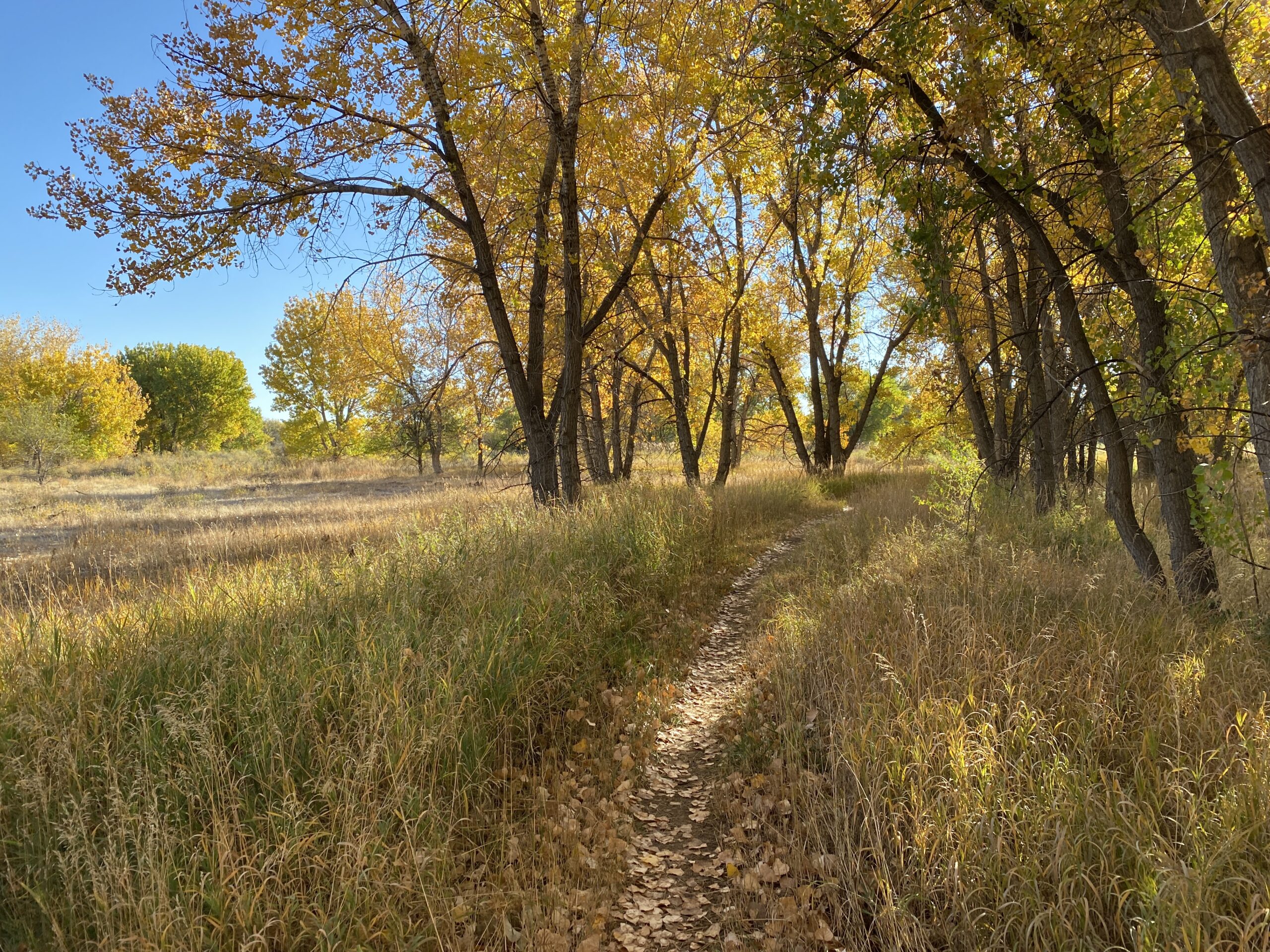
The agency also credits hunters with helping attain their successful model. Hunting licenses and fees help support wildlife conservation. Hunters provide valuable on-the-ground data of wildlife and they work with law enforcement to report poachers. Hunters are actively engaged in restoring and conserving public lands. And over the years, hunters have supported the recovery of many species, including the Canada lynx and peregrine falcons.
Hunters also help to keep wildlife populations in equilibrium. The hunting of mountain lions and bobcats is about smart wildlife management. It is NOT about trophy hunting. In fact, trophy hunting is illegal in Colorado. And there are already many regulations in place about hunting big cats, including quotas, mandatory mountain lion education, mandatory hunter reporting and inspection, and requirements that all edible portions of a harvest mountain lion must be prepared properly for consumption.
Passage of Proposition 127 would disrupt and destroy Colorado’s very successful wildlife conservation model. Wildlife management is a science. We urge Coloradans to support the state’s time-proven, science-based wildlife management program by voting no on Proposition 127.
Paid for by National Wildlife Federation. Registered agent: CT Corporation System



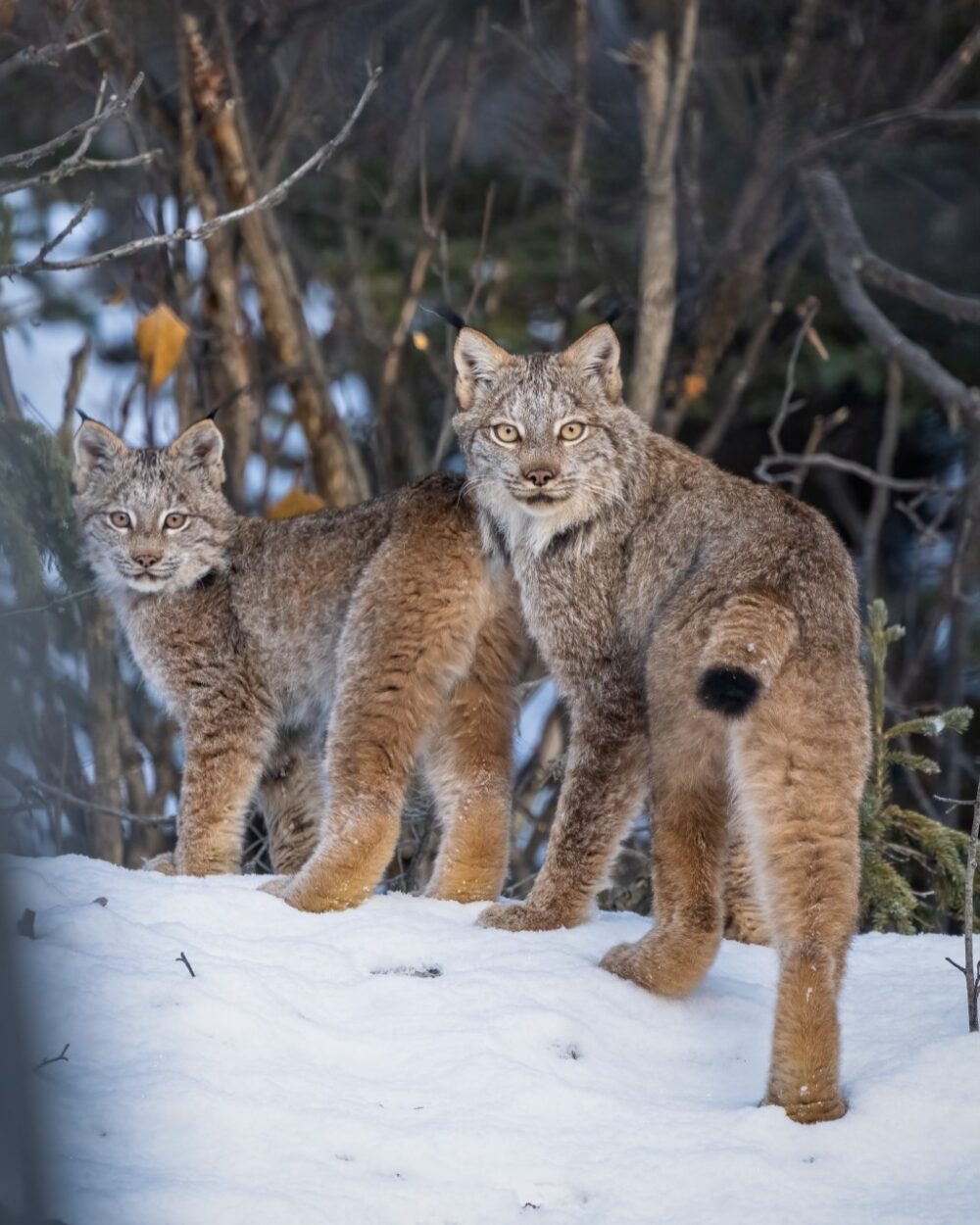
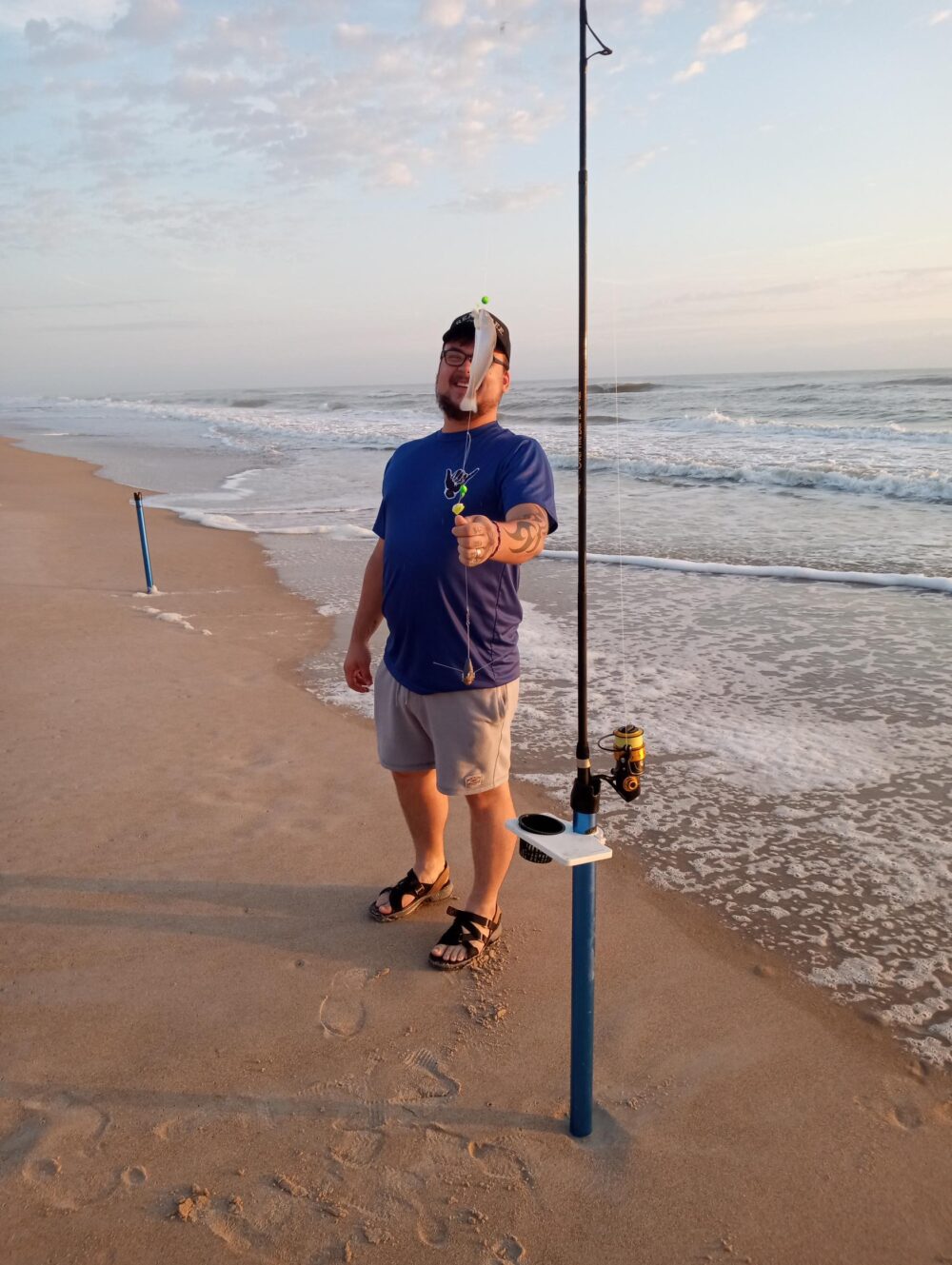








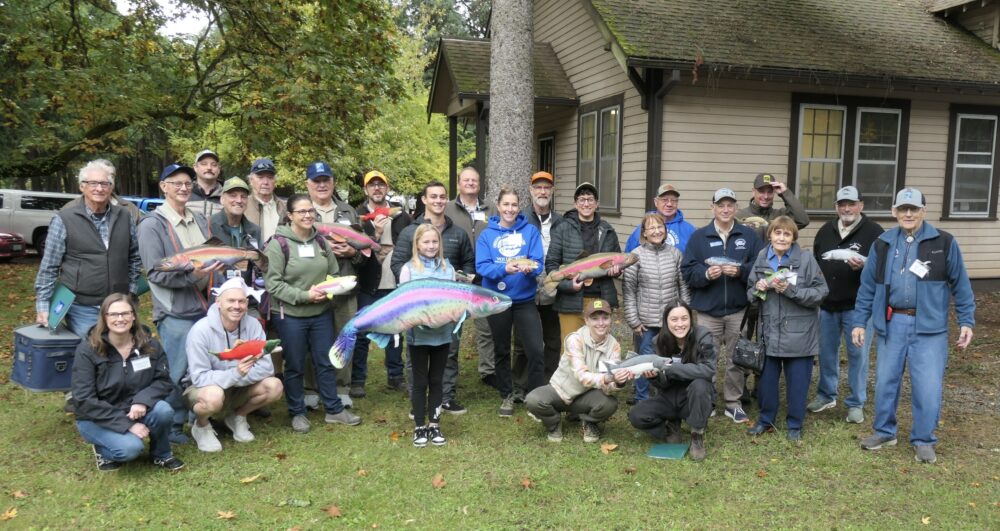





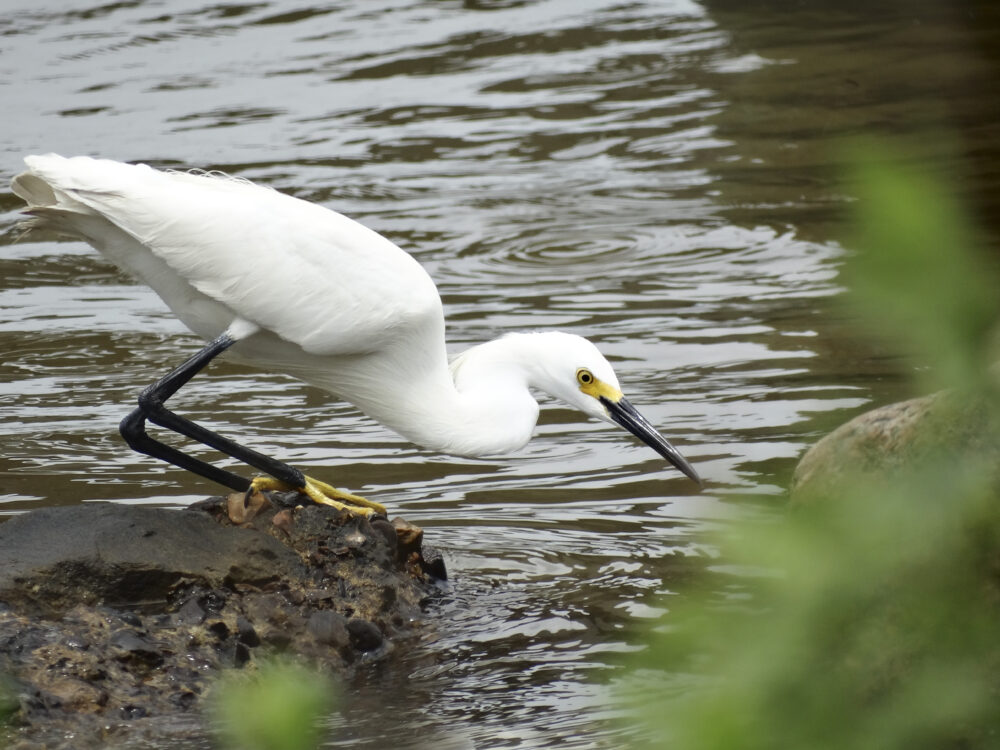

Building Momentum: What’s Next for Beaver Conservation in Colorado